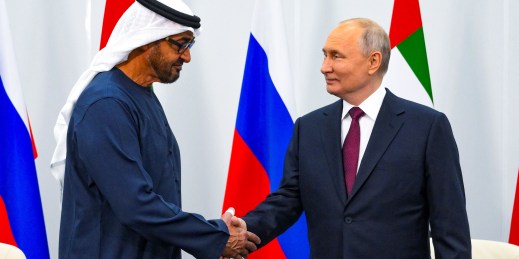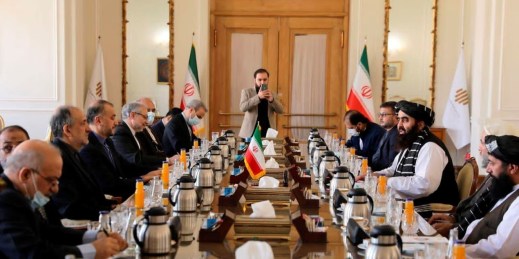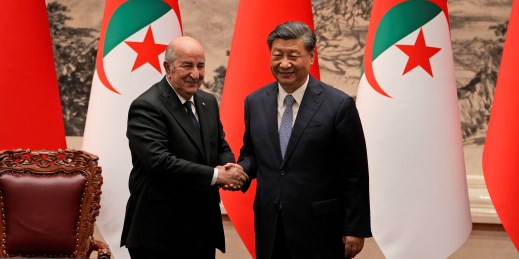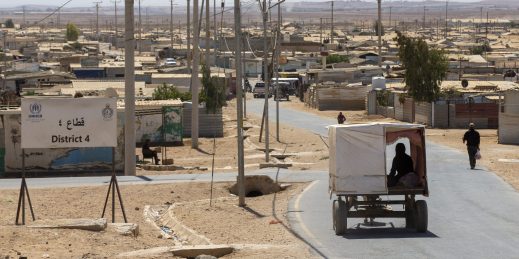Middle East & North Africa Archive
Free Newsletter

Since Russia’s invasion of Ukraine, the United Arab Emirates has worked proactively to embrace Russian business while hoping to evade pressure from the U.S. and its allies. Despite narratives of the UAE and Saudi Arabia drifting from the U.S. orbit, the Gulf states continue to recognize their dependency on U.S. security ties.

For two decades, Iran blamed much of Afghanistan’s miseries on the military intervention there by the U.S. and its allies. But two years after the U.S. withdrawal that Tehran had long demanded, and with the Taliban now firmly in power in Kabul, Iran finds itself facing a unique set of challenges emanating from Afghanistan.

Algeria’s recently intensified foreign policy engagement has three main goals: to counter the growing regional influence of neighboring Morocco, strengthen its position among the rising powers of a multipolar world and attract more investment to diversify its economy. Aligning with China fits into all of these goals.

A defense agreement signed by Iran and Bolivia in late July, the details of which remain obscure, constitute yet another step in Tehran’s effort to cement ties with leftist governments in Latin America. The campaign to build those relations is not new, but it appears to have gained new momentum in recent months.

